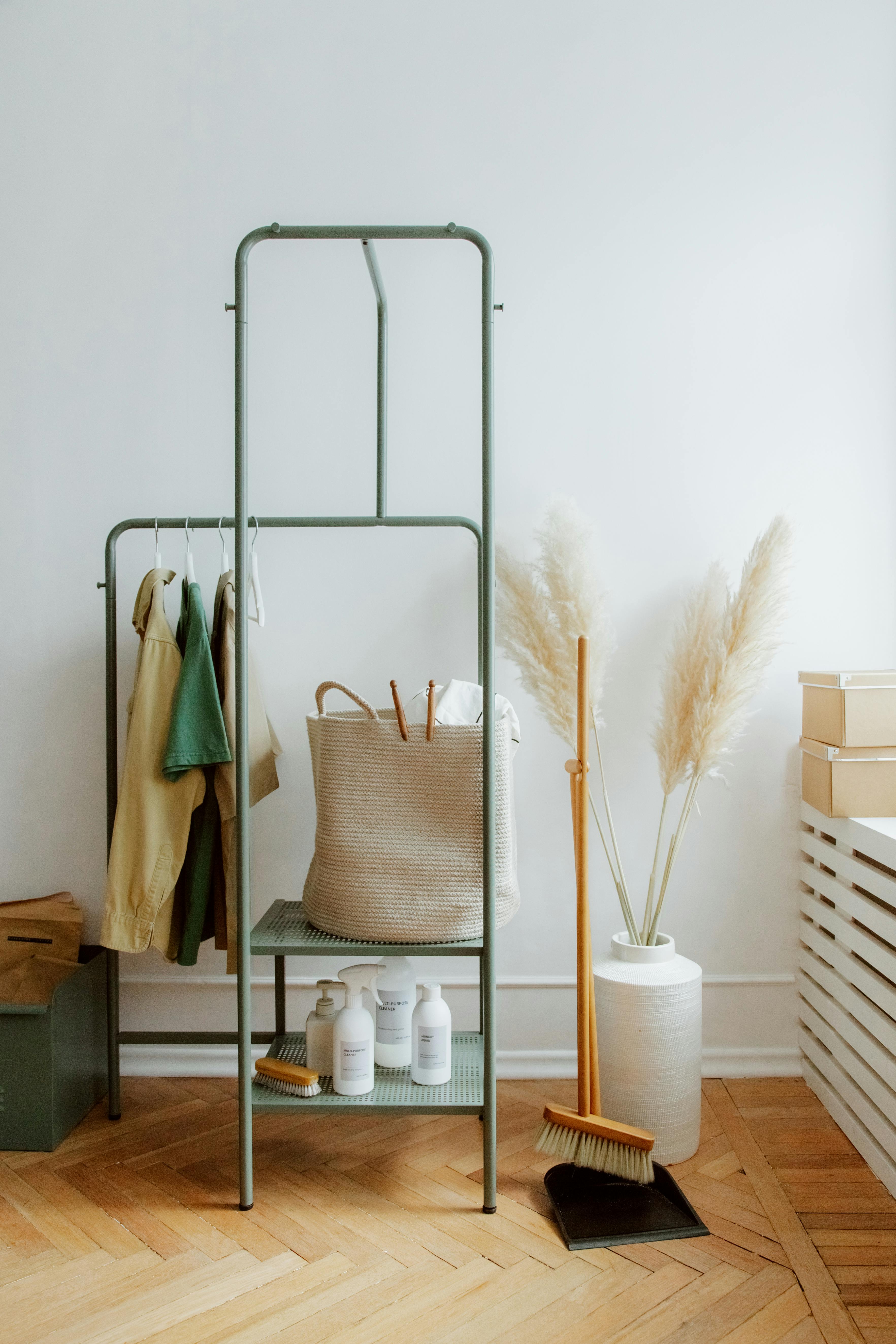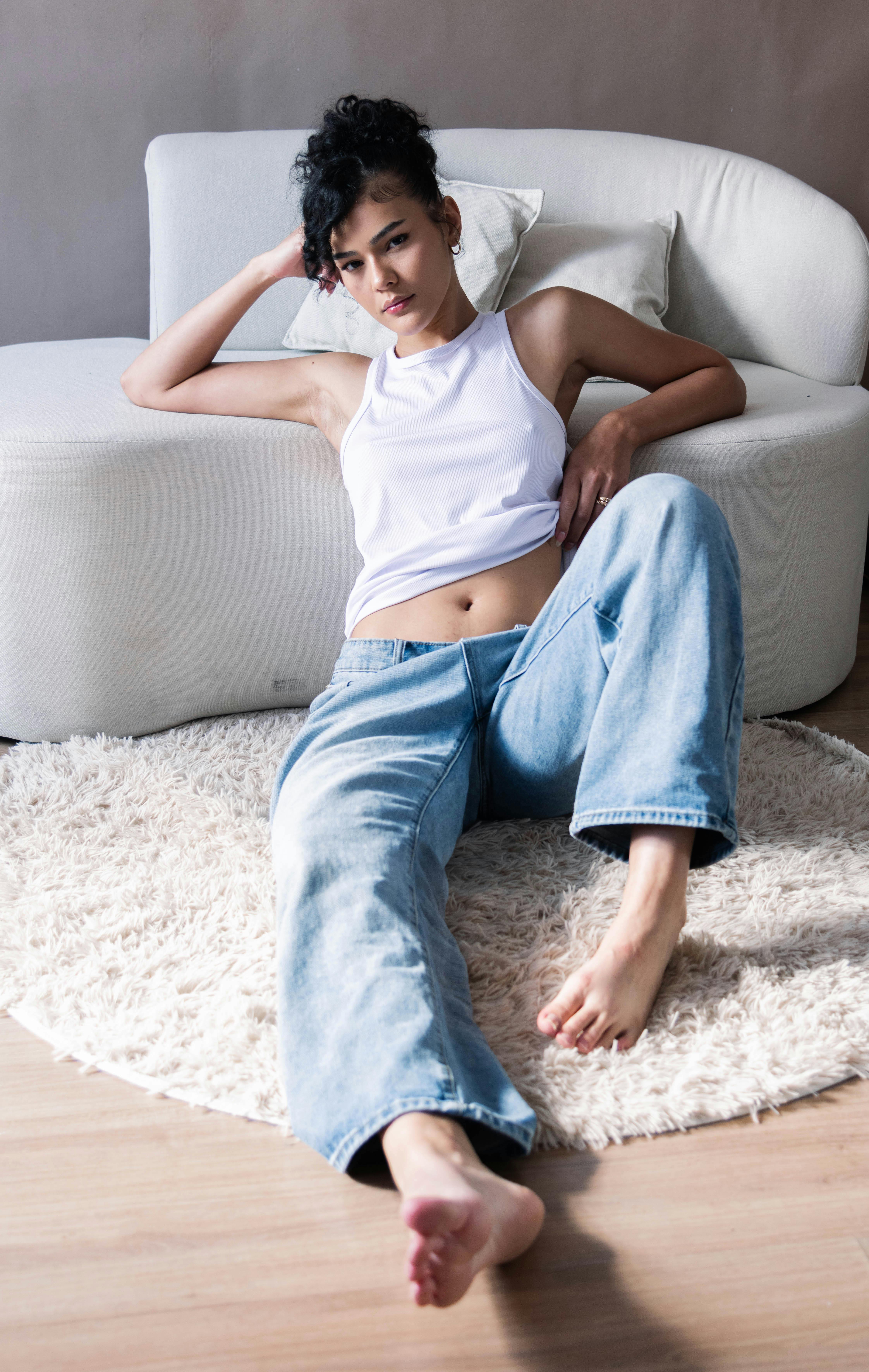Decluttering Secrets: How to Transform Your Home and Mind for a Stress-Free Lifestyle
By VitalWell Hub – Lifestyle & Wellness

Introduction: Why Decluttering Matters More Than Ever
Have you ever walked into a messy room and instantly felt anxious, distracted, or overwhelmed? You’re not alone. Research shows that clutter increases stress and reduces focus. Decluttering isn’t just about making your home look tidy—it’s about reclaiming peace of mind, reducing decision fatigue, and creating space for what truly matters.
In this in-depth guide, we’ll dive into practical decluttering secrets that can transform both your home and your mental wellbeing. You’ll discover why clutter affects your psychology, how to start, the best strategies for each room, and how to maintain a clutter-free lifestyle. Get ready to feel lighter, calmer, and more in control.
The Psychology of Clutter: How Your Space Affects Your Mind
Clutter is more than a pile of things—it’s visual noise. Studies from UCLA’s Center on Everyday Lives of Families show that cluttered homes lead to higher cortisol levels, which is directly linked to stress and anxiety.
- Visual Stress: Too much clutter overwhelms the brain’s ability to process information.
- Decision Fatigue: Every object represents an unmade decision—keep, toss, or use later.
- Emotional Weight: Clutter often carries guilt (“I should use this”) or attachment (“I might need this someday”).
"Decluttering is less about losing things and more about gaining freedom." – Unknown
Step 1: Preparing for a Decluttering Journey
Before you start tossing things into boxes, it’s important to mentally and practically prepare.
Set Clear Goals
Ask yourself: Do you want to create more space? Save time cleaning? Reduce anxiety? Having a clear “why” will keep you motivated.
Gather Supplies
- Boxes labeled: Keep, Donate, Recycle, Trash
- Storage bins for organization
- A notebook to track progress
- Camera (before-and-after pictures boost motivation!)
Start Small
Don’t tackle the whole house at once. Begin with a drawer, a shelf, or one corner of a room.
Step 2: Decluttering Room by Room
Living Room
This is the heart of the home. Remove excess decor, stack books neatly, and hide remotes in a tray.

Kitchen
Clear expired food, donate unused appliances, and keep countertops minimal. A tidy kitchen encourages healthier eating habits.
Bedroom
Remove distractions. Store seasonal clothes separately. Create a calming space for rest.
Bathroom
Toss expired skincare and medications. Use baskets to group toiletries.
Home Office
Organize cables, digitize paperwork, and keep only essentials on your desk for productivity.
Step 3: Proven Decluttering Methods That Work
- KonMari Method: Keep only items that “spark joy.”
- Four-Box Technique: Keep, Donate, Trash, Relocate.
- One-In-One-Out Rule: For every new item, remove one old item.
- Minimalist Challenge: Remove 1 item on day 1, 2 on day 2, and so on for 30 days.

Step 4: Decluttering Your Digital Life
Clutter isn’t just physical. Digital overload can cause just as much stress.
- Unsubscribe from unused email lists.
- Delete unused apps.
- Organize files into folders.
- Limit social media time for better mental clarity.
Step 5: The Mental Benefits of Decluttering
When you clear physical space, you clear mental space too.
- Improved focus and creativity
- Reduced stress and anxiety
- Better sleep quality
- A sense of control and empowerment
According to Mayo Clinic research, organized spaces contribute to reduced stress and better lifestyle habits.
Maintaining a Clutter-Free Lifestyle
Decluttering isn’t a one-time event—it’s a lifestyle choice. Here’s how to maintain it:
- Do a 10-minute tidy every night.
- Adopt a minimalist shopping mindset.
- Seasonally review items (spring cleaning, etc.).
- Teach family members to value simplicity.
Frequently Asked Questions (FAQ)
How do I start decluttering when I feel overwhelmed?
Start small—choose one drawer or corner. Set a timer for 15 minutes. Progress builds momentum.
Should I throw away gifts I don’t use?
Yes, if they no longer serve you. The purpose of a gift was fulfilled when given—it’s okay to let go.
How often should I declutter?
Do light daily tidying, weekly checks, and deep seasonal clean-ups to stay clutter-free.
Conclusion: A Lighter Home, A Clearer Mind
Decluttering is a journey of self-discovery. By removing physical and mental clutter, you open space for creativity, joy, and peace of mind. A clutter-free home truly leads to a clutter-free mind.
👉 Want more lifestyle tips? Explore our lifestyle category for guides on wellness, productivity, and mindful living.
Comments
Post a Comment
We love your feedback! Please share your thoughts below. All comments are moderated to ensure a positive and helpful community. Spam or inappropriate comments will be removed.